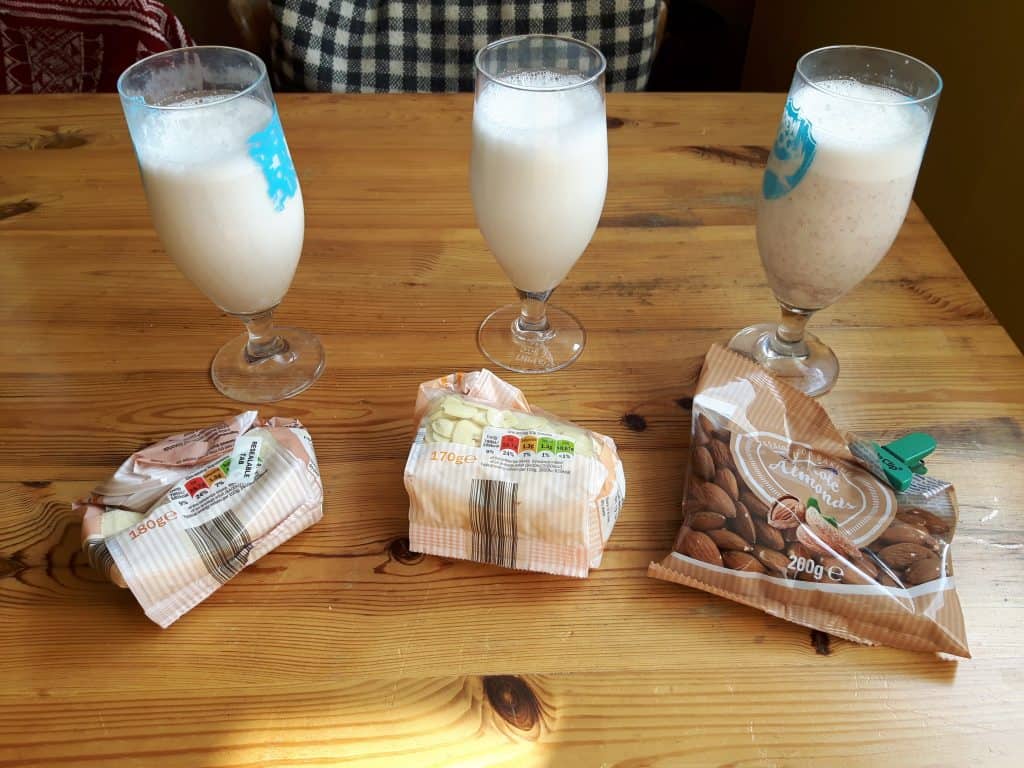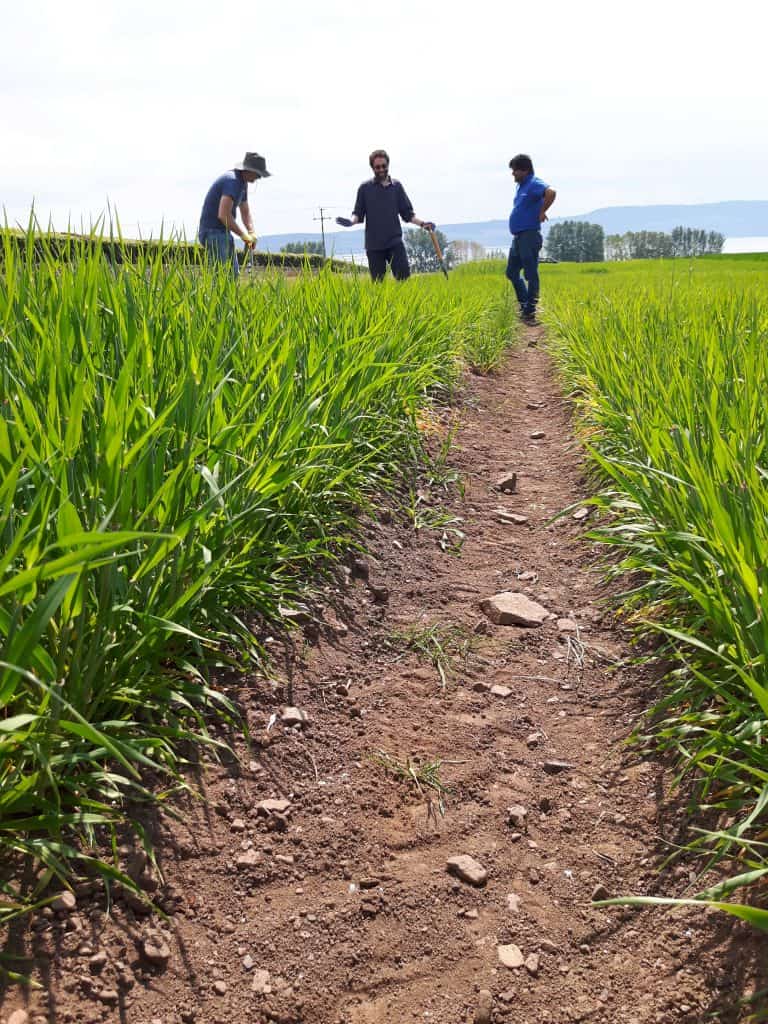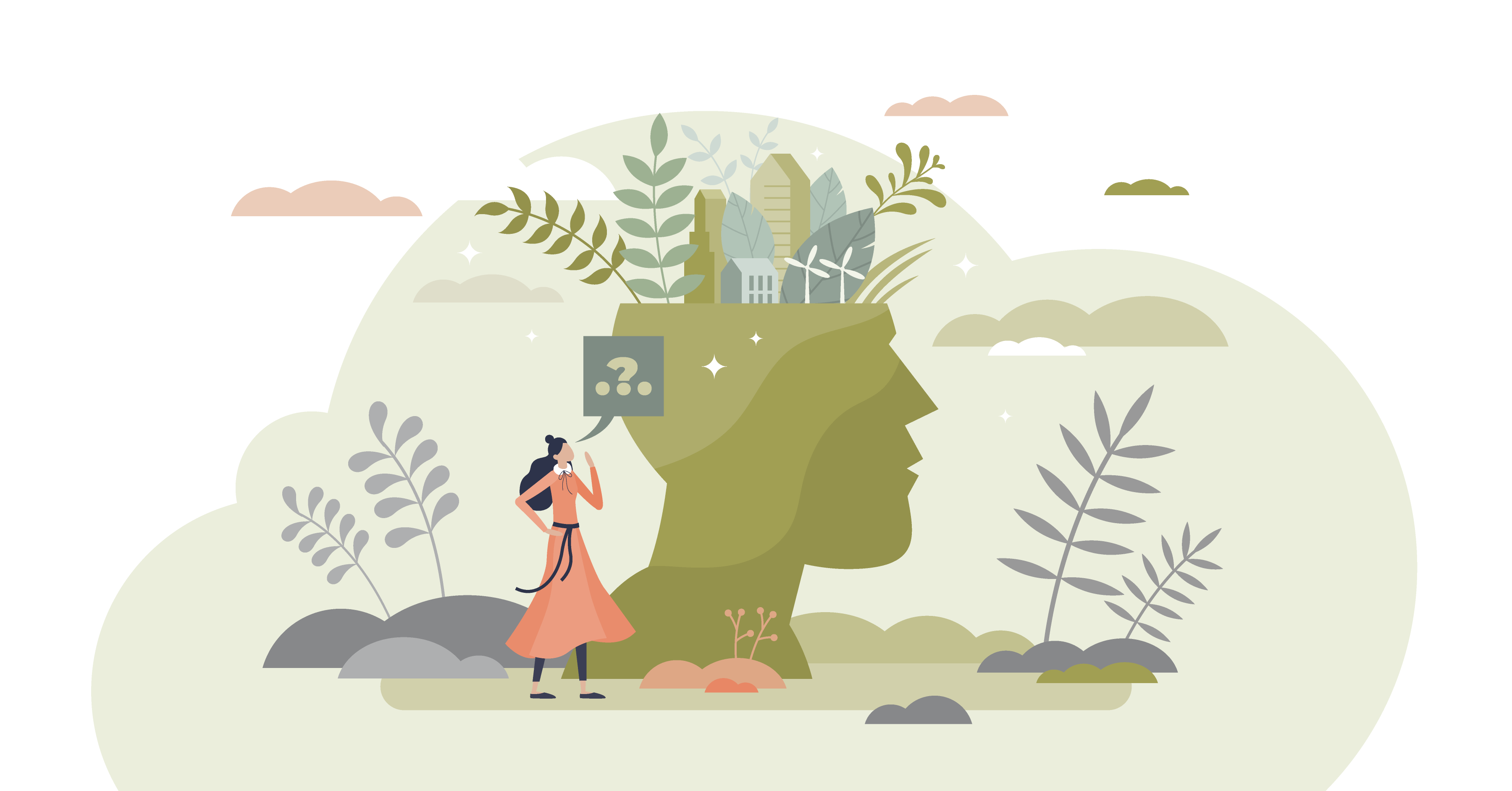Table of Contents
If you're considering doing a PhD, you may be wondering whether you are making the right choice. A PhD is hard, so starting with the right reasons will definitely help you in the longer run.
If you have found a subject you are passionate about and nothing will stop you from learning and finding out as much as you can about it, then that's a great reason to do a PhD. Furthermore, if solving problems and tackling difficult challenges is what makes you tick, then a PhD is probably a great fit for you.
However, sometimes it can be more subtle, or not as obvious. Even the most creative and engaged scientific minds can get bogged down in the day-to-day mechanics of a PhD. There may be other reasons you are considering one. Here, I've compiled a list of 10 reasons why pursuing a PhD might be a good idea for you.
1. There is a subject you are fascinated about and you want to be the world expert in it
If there is something that you live and breathe and want to know every little thing about, then doing a PhD in the subject may be for you. It's likely that your PhD topic will only study a small component of what it is you're interested in (... like really small). But a PhD is not just about knowing all the current things about a subject, it's actually about finding out new things about it. If you want to come out of your PhD as a world expert in your subject area, then this is for you! Just make sure to keep telling the world you are the expert! In popular fields, this can be difficult to do. Craft your niche and do it well and people all over the world will look to you to know the answer (or how to find it)!
2. You love learning and re-learning
A PhD is all about setting your own learning path about the subject you choose. If you love learning new things about your subject, but also how to learn new things about how to learn new things about your subject(!), then consider a PhD. It's not just about learning the science specifically targeted at your subject, it's also about learning to write, read, critically review, discuss, present etc. etc. And don't be surprised if you find yourself re-learning things either that you had forgotten or that the knowledge around the area has moved on since you last learnt or read about it. Make sure that you are happy learning best on your own. Whilst there is a certain amount of group learning, 90% of everything you will learn, will be self taught.

3. You want to go into a research role or academia
Even if you have your heart set on going into research or academic when you start your PhD, I would always advise keeping your options open. Things change and it may be that by the end you've decided something else is better for you. That being said, if you are strongly considering an academic career, then a PhD is pretty much a mandatory requirement. If you want to be a professor or a reader, then a PhD is a must. Bear in mind that few make it this far but there are plenty of other research roles where a PhD will help immensely.
4. You relish a challenge and juggling many hats
A PhD is a challenge and it will be as hard as you make it. In theory, the actual physical, directly-related PhD work if it all went smoothly, could probably be done in a year. In theory. But the reality is that a PhD is a learning journey. I always think that a PhD is about 1 year learning, 1 year you would count as actual evidenced 'work' and 1 year of things not working. If you love a challenge; working on several things at once, knowing that your experiment of several months or more may not work, developing methods and all the while navigating expectations of yourself and others, then go for a PhD! Some of the hats you can choose to wear and there can be a great freedom in certain challenges that you wish to undertake.

5. You want to discover something new that no-one else knows
Since your PhD by definition must add original knowledge to a field, finding out something new in a PhD can be the most exciting and rewarding bit! Often it is very small, or subtle, but holding in your research notebook, the next little leap in your field can be super exciting! It may not feel like it at the time, but try to cherish those moments!
6. You're not afraid of statistics (or learning statistics)
OK, so during a PhD you're responsible for doing and interpreting any statistics required. If you have a phobia of maths and statistics, then a science PhD will be more challenging. The good news is, that after a PhD, you can get someone else to do it, but not spending a decent amount of time getting to grips with stats, will hinder your ability to understand other research and, plan and interpret your own.
7. You enjoy teaching and sharing knowledge
Gone are the days, when academics sat in their ivory tower and hoarded all the knowledge. Whilst, agreeably the transition is still happening in many respects, sharing your research is key. Whether this is through teaching, public engagement or writing research papers, sharing what you learn in some capacity is now an expected requirement of academia. And you will need to be able to evidence it. If you love shouting your research from the roof tops, writing all about it and generally communicating what you do, then a PhD can provide you with a platform to share new and exciting messages. Teaching undergraduates is also pretty much expected too, so if you can get excited about 'boring' subjects, this will rub off on the people you teach.
8. You like setting your own day-to-day tasks and goals
If you're happy setting your own goals and agenda then a PhD will suit you well. There are few way-markers in a PhD so you'll need to be good at keeping yourself on track and focused. This is easier said than done when there are lots of things pulling you in different directions.
9. It's a natural next step in your career
I partly fall into this category. I needed a PhD to advance my career in academia. I wanted to move on from doing and helping out with other people's research and start to forge my own path in areas I was curious about. This reason can work well, because you have your eye on a bigger objective beyond the PhD. However, if you no longer see the career you envisaged as where you want to head, you'll need something else to help you get over the finish line.

10. Rejection only makes you stronger
Unfortunately, rejection is commonplace in academia. If you're able to take rejection and come back stronger, then you'll do fine in academia!
[Note: I kind of had this Incredible Hulk thought here; I'm not sure whether that is an appropriate image. In one respect rejection turns you into a big, green, self-destructive, crazy monster, or on the other, rejection turns you into a super powerful machine that will destroy anything in its path...anyway]
If you're able to keep up the enthusiasm when your experiments don't work, you don't get funding and job applications or promotions aren't successful, then you're half way there! I don't want to paint a gloomy picture, but you'll spend a lot of time doing things which don't bear fruit. That being said, when something does come through, it can be like finding the Holy Grail!
So there you have it; 10 reasons why doing a PhD may be for you! I'd love to know if these help you make a decision!
Make sure to check out:

... because it's not all plain sailing...










Comments